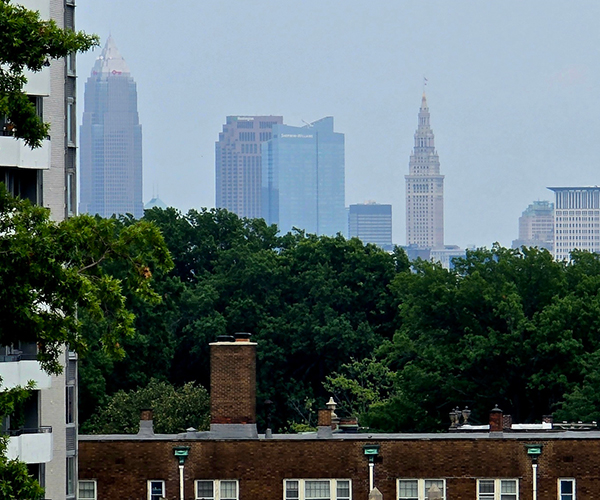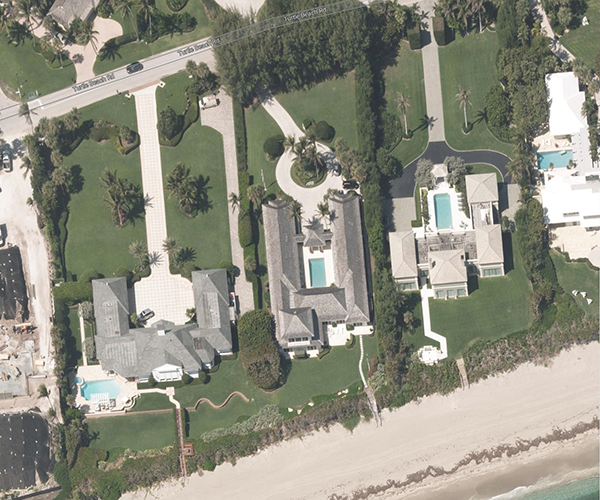Legacy Village
A year after the Gay Games, what progress have we made as a place of equality?
Cleveland's LGBT community has much to be proud of. In late June, the Cuyahoga County Probate Court began issuing marriage licenses to same-sex couples after the U.S. Supreme Court's ruling on marriage equality. And just one year ago, the Gay Games brought thousands of visitors to Cleveland, raising awareness for the community's most important matters. "In order for [the Gay Games] to be successful, folks knew that there would need to be an increased level of collaboration," says Phyllis Harris, executive director of the LGBT Community Center of Greater Cleveland, "not only by the LGBT community to our allies and the city of Cleveland but also among LGBT groups and individuals who are leaders in the community." We spoke to Harris about the progress and the hurdles that remain after the games.
Progress
Consistent outreach and activism have increased awareness for minorities, especially those who are transgender. "The LGBT community in general is more collaborative and more conscientious about who is left out," says Harris.
"Because of visibility, we have seen an uptick in organizations wanting to come in and provide LGBT cultural competency training," says Harris. In 2014, the center provided cultural competency and Safe Zone training to 14 organizations. In just the first six months of 2015, more than 43 training programs have been completed.
Thanks to a $1.8 million donation last August, the LGBT center is searching for new headquarters, and neighborhoods such as Old Brooklyn, MidTown and Ohio City are interested in the project. Ohio City even created its own pride flag by uniting the rainbow colors of the LGBT community with its city's sigil. "It feels good to be wanted," says Harris.
Hurdles
Despite marriage equality, LGBT employees are still not protected from discrimination in the workplace. "We could potentially get married in July and fired by August," warns Harris.
A rise in homelessness among LGBT youth means many have nowhere to turn. "There aren't enough places where we can refer someone who's 18 to 24 who identifies as LGBT for emergency shelter," says Harris. Although local shelters can't discriminate based on gender or sexual orientation, many fear they're not safe — especially people who are transgender and without access to certain protections..
One city ordinance that failed last fall attempted to uphold a person's right to determine which bathroom to access based on one's gender. "It's such a challenging issue for folks," says Harris. "[Some people] have this wild imagination about what might happen if someone they perceive as trans uses a restroom."



